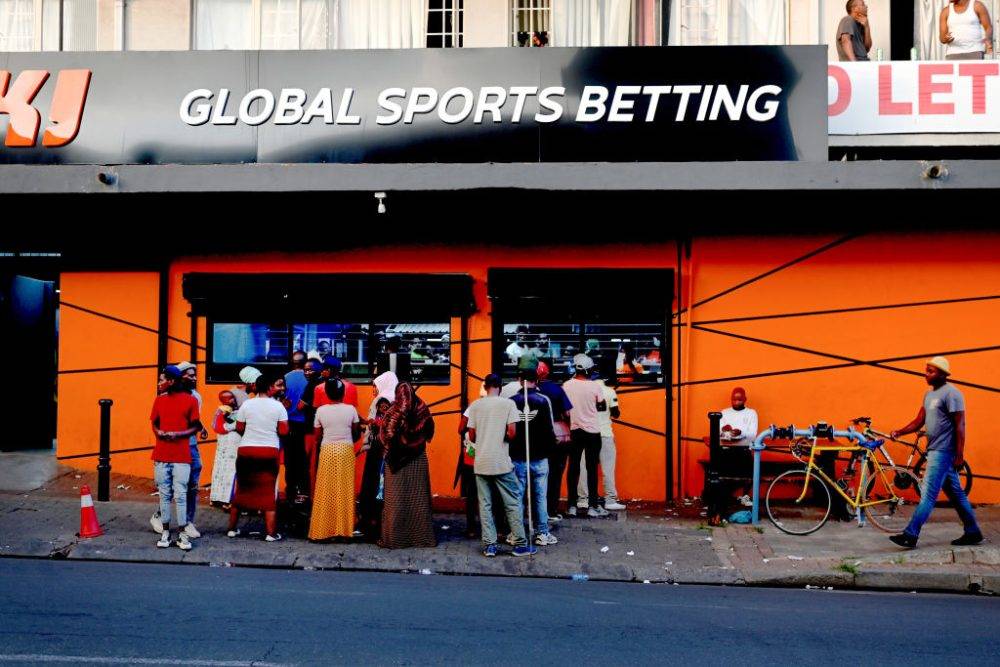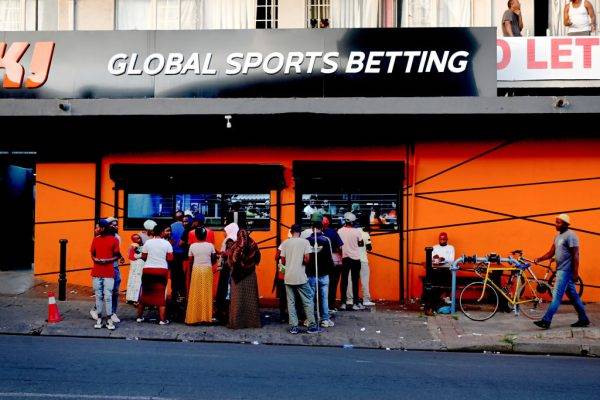
Excessive and irresponsible gambling affect all sectors of society, from those in the upper income brackets that have access to television channels broadcasting global sporting events such as the Olympics to those least able to afford to gamble — those with limited to no disposable income that may take a flutter on an illegal game of fahfi, horse racing or their weekly wages on the slot machine at their local shebeen.
As we enjoy the excitement of international sports and local football, we must confront how problem gambling affects individuals and, ultimately, their families.
South Africa, despite its progressive Constitution, remains one of the most unequal societies in the world. This inequality exacerbates the allure of gambling for those who can least afford it, transforming what might begin as a recreational pastime into a desperate attempt to escape financial woes.
Research has shown that South Africans have a high propensity to gamble, with the National Responsible Gambling Programme reporting an increase in the number of people who are employed seeking treatment.
For many, gambling is falsely seen as an additional income stream, highlighting the fragile state of our society’s fabric. This addiction disrupts the brain’s reward systems, leading to dependency. The young and susceptible are particularly at risk, lured by the excitement and accessibility of gambling, which can lead to devastating personal and behavioural changes.
Addressing the issue of problem gambling requires a multifaceted approach. It’s essential to provide comprehensive support for affected individuals and families through counselling and intervention services. These services should involve psychologists, social workers, and financial advisers to address the various aspects of gambling addiction. Community engagement and educational programmes are also vital in raising awareness and equipping people with the knowledge to make informed decisions about gambling.
There must also be a concerted effort to uncover skills and opportunities that could provide alternative sources of income, reducing the dependency on gambling as a financial solution.
Creating safe spaces for healthy, purposeful activities, particularly for the youth, can also play a significant role in preventing gambling.
But the gambling sector is a significant economic driver in South Africa, generating revenue and employment opportunities. In the fiscal year 2022-23, the industry’s Gross Gambling Revenue (GGR) totalled R47.2 billion, a 37% increase from the previous year’s R23.2 billion.
Taxes and levies generated by the industry amounted to R4 billion. This revenue supports public services and infrastructure, illustrating how legal gambling can benefit society. Moreover, the industry creates thousands of jobs. Legal gambling operators in South Africa also contribute funding curbed at 0.1% of the industry’s GGR (money staked less money paid out in winnings) to the South African Responsible Gambling model that is globally recognised for its proactive, pioneering approach, ensuring that gambling remains safe and controlled.
But the balance between leveraging the economic benefits of gambling and safeguarding those at risk is essential.
As Nelson Mandela advocated for the importance of family in society’s progress, we must ensure that our pursuit of economic growth does not come at the expense of communities’ cohesion and well-being.
Author Profile
Sibongile Simelane-Quntana is the executive director of the South African Responsible Gambling Foundation.
